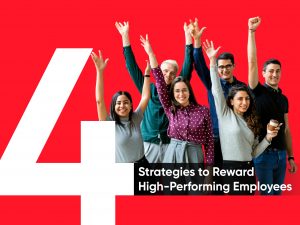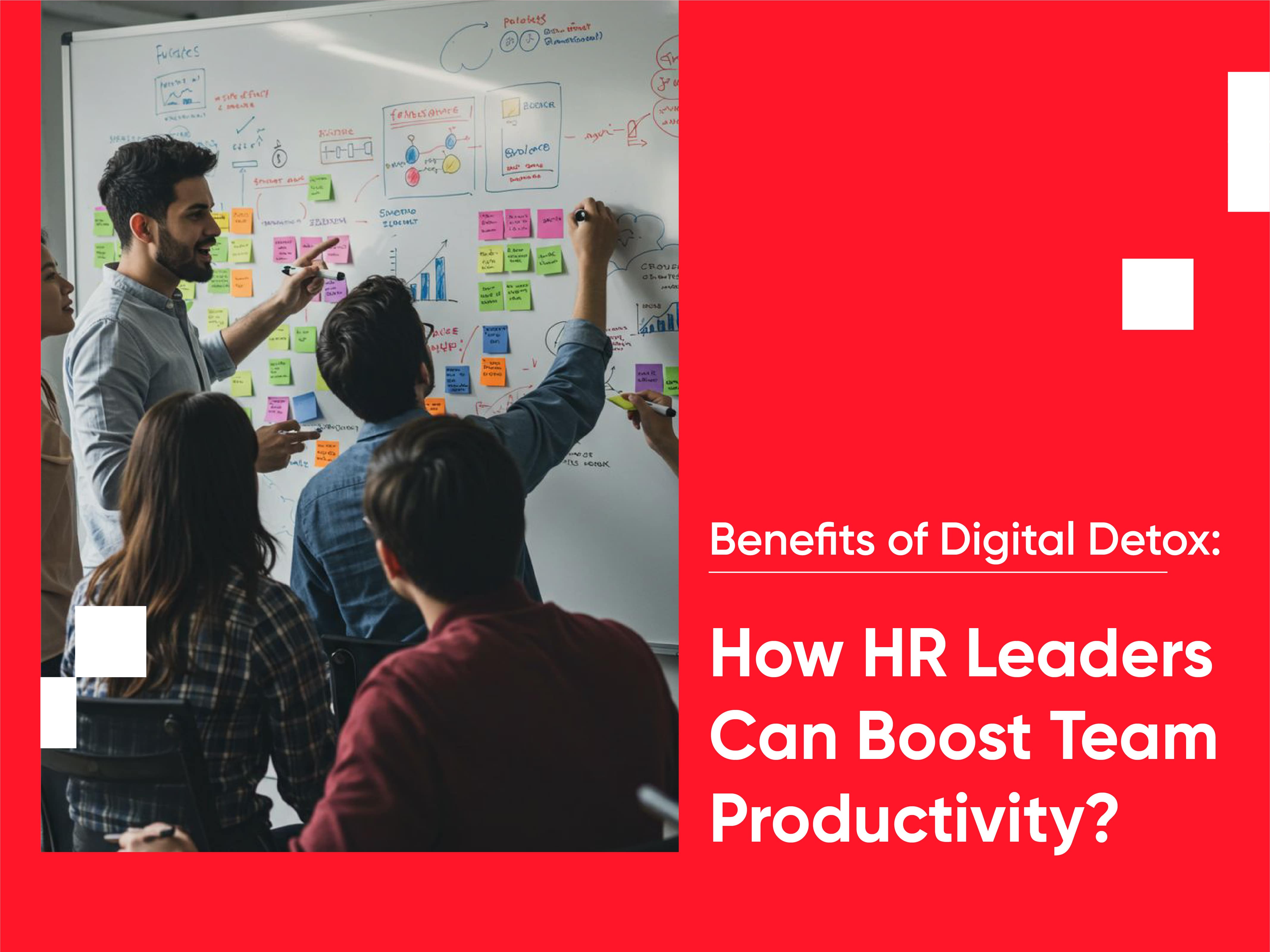Reading Time: 4 minutes
In recent years, individuals and businesses have faced a challenging journey characterized by significant global events, socio-political turbulence, and the pervasive impact of the pandemic. While emotions like anger, fear, and grief have always been part of the workplace, there is now a heightened sense of vulnerability, anxiety, and exhaustion among individuals.
Mindfulness, a readily accessible tool for mental health, offers the ability to attentively observe thoughts, emotions, and physical sensations, bringing clarity amid uncertainty. Its positive impact extends to employee well-being, assisting both leaders and staff in achieving a more profound sense of presence and emotional control. Its role in fostering emotional intelligence and empathy among leaders is particularly noteworthy, contributing to team cohesion and a profound sense of belonging.
As architects of workplace culture, leaders carry the responsibility of creating an environment conducive to psychological safety, teamwork, and collaboration. However, the constant flow of information in our 24/7 digital world presents challenges, leading to overwhelm and distraction even among the most dedicated employees. The resulting emotional toll manifests in reduced mental sharpness, increased absenteeism, strained relationships, and diminished productivity.
The practice of mindfulness emerges as a timely and essential solution. It acts as a counterbalance to the relentless pressures of the digital world, providing a remedy for emotional challenges and serving as a valuable antidote to the complexities faced by individuals in the contemporary workplace.
Embracing Mindfulness at Work: A Key to Success and Well-being
Mindfulness is not merely a passing trend; it represents a valuable practice applicable across generations, gaining particular resonance among digital natives. This practice empowers individuals to self-regulate and be consciously present, cultivating an awareness of both external surroundings and internal states by filtering out distractions.
Within the realm of mindfulness, the ability to reflect facilitates clearer thinking and a departure from reactive responses ingrained in learned behaviour patterns. In our digitally saturated world, the enduring practice of mindfulness becomes increasingly relevant, acting as a countermeasure to the constant influx of information.
Mindfulness serves as a cornerstone for enhancing leadership skills, providing practitioners with heightened clarity and emotional control. Leaders immersed in mindfulness exhibit improved self-awareness, thoughtful communication, trust-building with management, cultivation of interpersonal relationships, and an overall enhancement of employee well-being—resulting in reduced sick days and heightened team engagement.
Mindfulness is a vital preparation tool for organizations undergoing digital or agile transformations. Its practice equips individuals and teams to be fully present, fostering mental agility, creative problem-solving, and resilience—essential attributes in today’s rapidly evolving landscape. These attributes stimulate innovation and fortify an organization’s competitive edge.
The impact of mindfulness on employees is tangible, evident in increased energy, resilience, and productivity. Individuals embracing mindfulness display greater receptivity to novel ideas and learning, contributing to a positive shift in overall workplace dynamics. Furthermore, mindfulness acts as a catalyst for strengthening interpersonal bonds, fostering openness to diverse perspectives, and nurturing qualities such as compassion and empathy—attributes synonymous with successful and cohesive teams. The overarching theme is unmistakable: mindfulness emerges as a transformative force, benefiting individual well-being and fostering a thriving and innovative organizational culture.
Here are four approaches to incorporating mindfulness into your work routine:
Breathe Mindfully
Immerse yourself in deep breathing exercises to lower blood pressure, reduce the stress hormone Cortisol, and uplift your mood. Actively focus on your breath to minimize external distractions, fostering a calm mind and heightened ability to refocus. Embrace the “box breathing” technique as a practical method to seamlessly integrate mindfulness and deep breathing into your daily routine—proving particularly effective in combating work-related burnout.
Engage in Active Listening
Cultivate mindful listening by fully immersing yourself in others’ communication without pre-emptively formulating responses. Rather than anticipating your reply, strive to understand the speaker’s message genuinely. By silencing internal mental chatter, you create an atmosphere of receptivity, facilitating a better understanding and processing of your colleagues’ communication.
Prioritize Short Breaks
Carve out time for brief breaks to smooth transitions between tasks or to rejuvenate your mind after prolonged periods of focus. Leverage smartphone reminders to prompt these short pauses—just five minutes can suffice to reset both your mental and physical state. Consider incorporating mindfulness practices, such as box breathing, during these breaks. Whether you’re moving around your environment or immersing yourself in sensory experiences outside, free from distractions, these moments contribute to a refreshed mindset.
Ditch Multitasking
Challenge the multitasking myth and acknowledge that optimal cognitive functioning thrives when focusing on one task at a time. Disable push notifications and alerts on your devices to minimize distractions. Whether participating in a meeting or tackling a specific task, commit to being fully present in the moment. This intentional approach enhances your capacity for deep concentration, fostering a more mindful and less stressful work environment.
In the intricate landscape of today’s workplace, mindfulness emerges not as a luxury but as a business necessity. Consistent mindfulness practice contributes to a work environment that is healthier and less stressful, empowering you to achieve deep focus and encouraging thoughtful consideration of your actions and reactions in real time. Visit us here to learn more.











